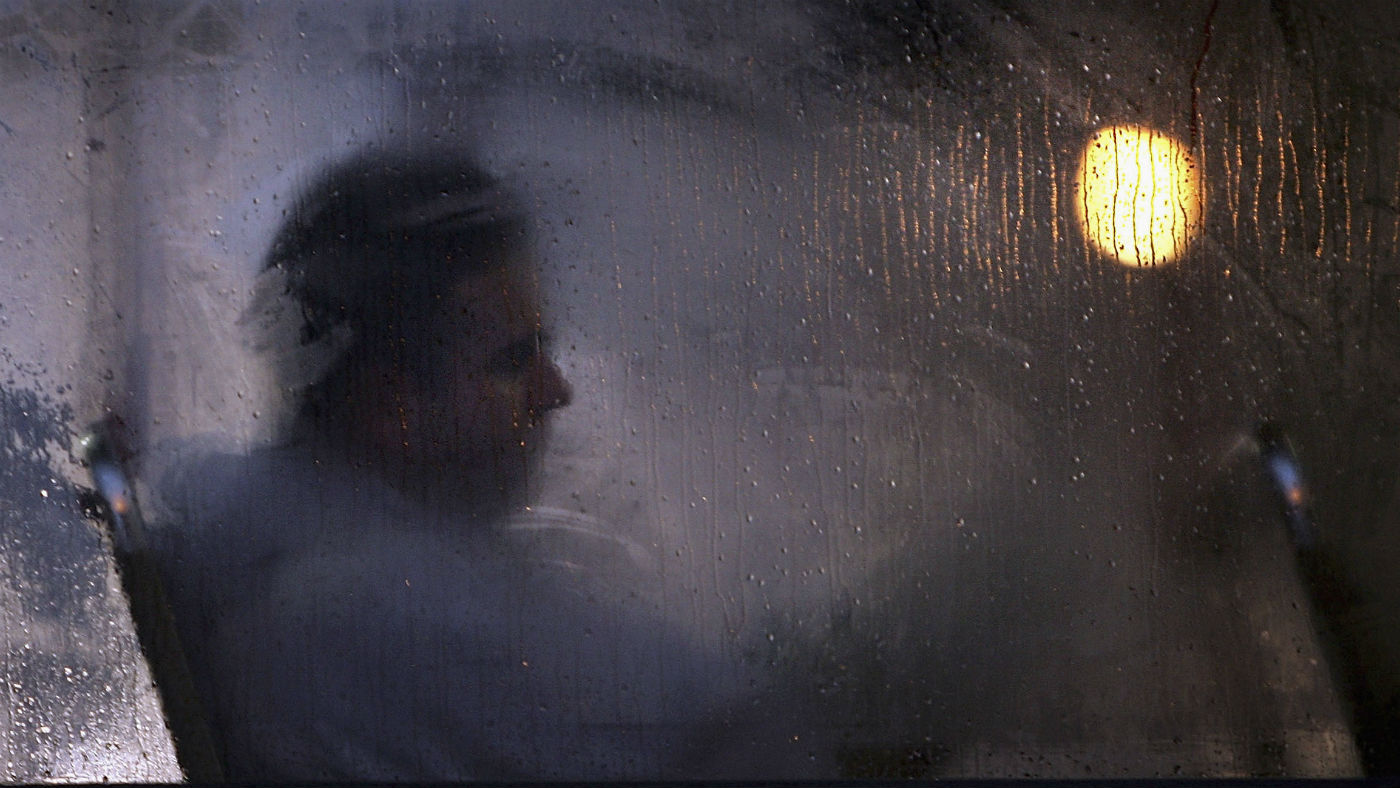Why self-harm among teenage girls has doubled in two decades
Social media and growing academic pressures among reasons cited for ‘heartbreaking’ rise in hospital admissions

A free daily email with the biggest news stories of the day – and the best features from TheWeek.com
You are now subscribed
Your newsletter sign-up was successful
Hospital admissions for self-harming has almost doubled among teenage girls in the UK over the past 20 years, newly released figures show.
A total 7,327 such incidents were reported in 1997, compared with 13,463 times in 2017. Meanwhile, the number of admissions of boys for self-harm rose by just 5%, from 2,236 to 2,332, reports The Times.
The National Society for the Prevention of Cruelty to Children (NSPCC) called for greater support for young people following the release of the NHS figures - published by ministers in response to a parliamentary question.
The Week
Escape your echo chamber. Get the facts behind the news, plus analysis from multiple perspectives.

Sign up for The Week's Free Newsletters
From our morning news briefing to a weekly Good News Newsletter, get the best of The Week delivered directly to your inbox.
From our morning news briefing to a weekly Good News Newsletter, get the best of The Week delivered directly to your inbox.
A spokesperson for the charity said: “These heartbreaking figures are sadly unsurprising. We know from contacts to Childline that many children are being driven to self-harm as a way of dealing with the pressures and demands of modern-day life. Young people are crying out for help and more needs to be done to prevent them from reaching crisis point.”
Jon Goldin, vice-chair of the Child and Adolescent Faculty at the Royal College of Psychiatrists, said that social media was likely to have contributed to the rise.
“I think there are a range of factors putting pressure on young children - academic pressures, exam pressures, social media... with fear of missing out and comparing yourself unfavourably to images you see online,” Goldin told The Times.
Asked why the risk of self-harming appears to be so much greater among girls than boys, he said: “If you look at social media, my hunch is that girls are probably more sensitive to some of those factors.”
A free daily email with the biggest news stories of the day – and the best features from TheWeek.com
Emma Thomas, chief executive of YoungMinds, agrees that along with poverty, abuse and neglect, new causes of mental health problems in young people have emerged in recent years.
“The education system now places a greater emphasis than ever on exam results, while the rise of social media can make problems like bullying or body image issues more intense than they were in the past,” she told the newspaper.
Previous research has suggested that “a growing number of young women are experiencing mental health problems, with contributing factors including worries about appearance”, says The Guardian.
A study published in the British Medical Journal in October found that self-harm was three times as common among girls aged between ten and 19 than among boys in the same age group. The researchers also found that children who self-harmed were at much greater risk of suicide than those who did not.
“One of the big messages here is that self-harm is complex – it is about schools, it is about families, it is about health professionals [and] teachers all working together trying to tackle the problem,” said study co-author Nav Kapur, professor of psychiatry and population health at the University of Manchester.
The Department of Health and Social Care said that the newly released NHS figures did not represent the number of patients treated, because some were admitted to hospital more than once, but added that the Government was allocating more funding to tackle the problem.
A spokesperson added: “Making sure children and young people have the right mental health care when they need it is vital. That’s why we are investing an extra £300m to provide more help in schools, which will include trained staff to provide faster support to children.”
-
 The Olympic timekeepers keeping the Games on track
The Olympic timekeepers keeping the Games on trackUnder the Radar Swiss watchmaking giant Omega has been at the finish line of every Olympic Games for nearly 100 years
-
 Will increasing tensions with Iran boil over into war?
Will increasing tensions with Iran boil over into war?Today’s Big Question President Donald Trump has recently been threatening the country
-
 Corruption: The spy sheikh and the president
Corruption: The spy sheikh and the presidentFeature Trump is at the center of another scandal
-
 Jean-Luc Brunel: the Jeffrey Epstein trafficking suspect found dead
Jean-Luc Brunel: the Jeffrey Epstein trafficking suspect found deadIn the Spotlight Modelling agent and associate of billionaire paedophile thought to have hanged himself in Paris cell
-
 ‘With Andrew Neil gone, GB News is no longer a serious enterprise’
‘With Andrew Neil gone, GB News is no longer a serious enterprise’Instant Opinion Your digest of analysis from the British and international press
-
 British male suicide rates at 30-year low
British male suicide rates at 30-year lowSpeed Read Yet men still make up three-quarters of those who take their life in the UK
-
 Seventh suspected suicide at Bristol University in less than 18 months
Seventh suspected suicide at Bristol University in less than 18 monthsSpeed Read Researchers point to pressures on students including academic, financial and housing problems
-
 Fourth suspected suicide at Bristol University
Fourth suspected suicide at Bristol UniversitySpeed Read Body of 23-year-old Lara Nosiru discovered beneath Clifton Suspension Bridge
-
 Antidepressants 'can raise risk of suicide in under-18s'
Antidepressants 'can raise risk of suicide in under-18s'Speed Read Drugs firms accused of failing to report side effects, and even deaths, related to medication